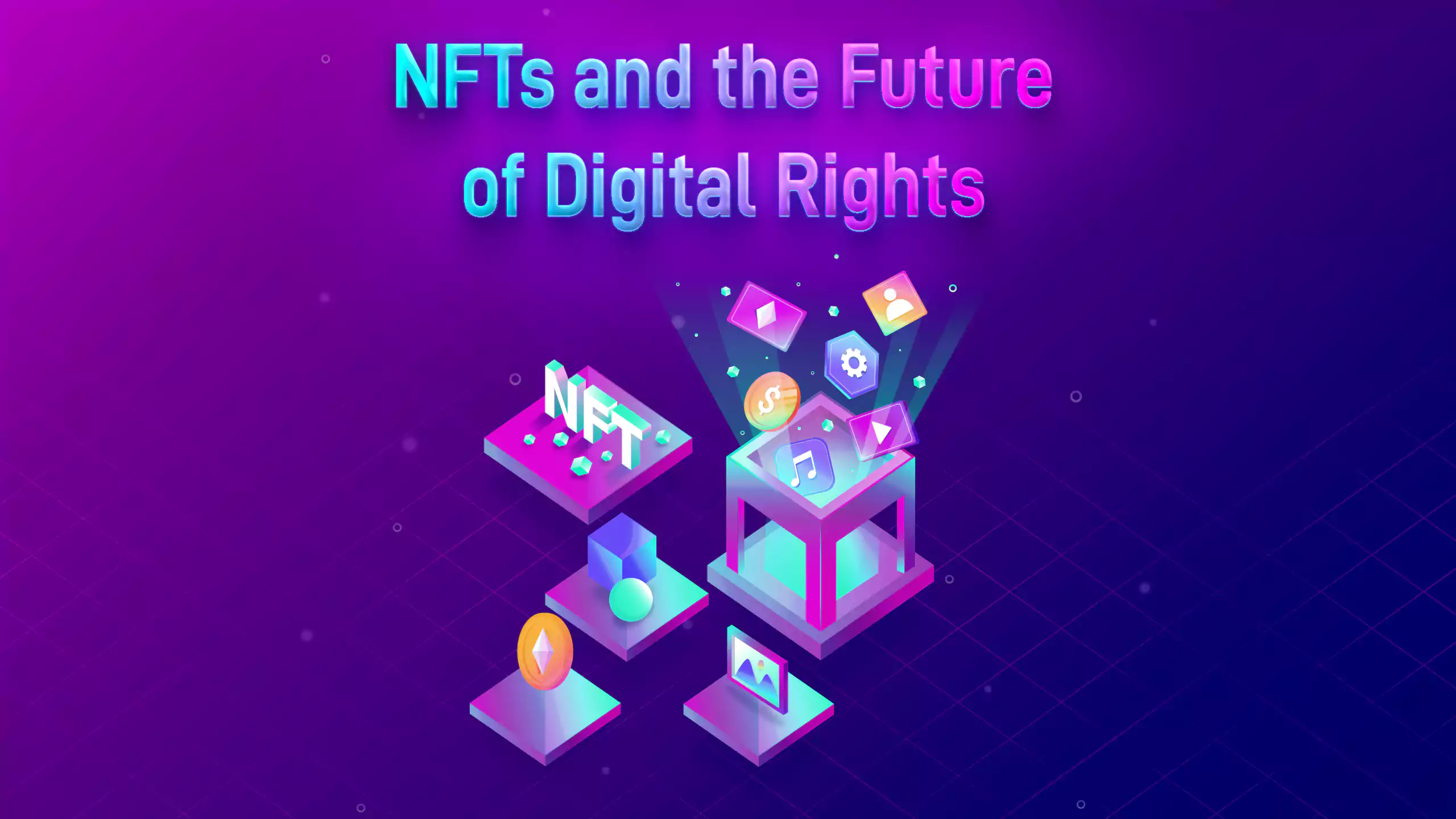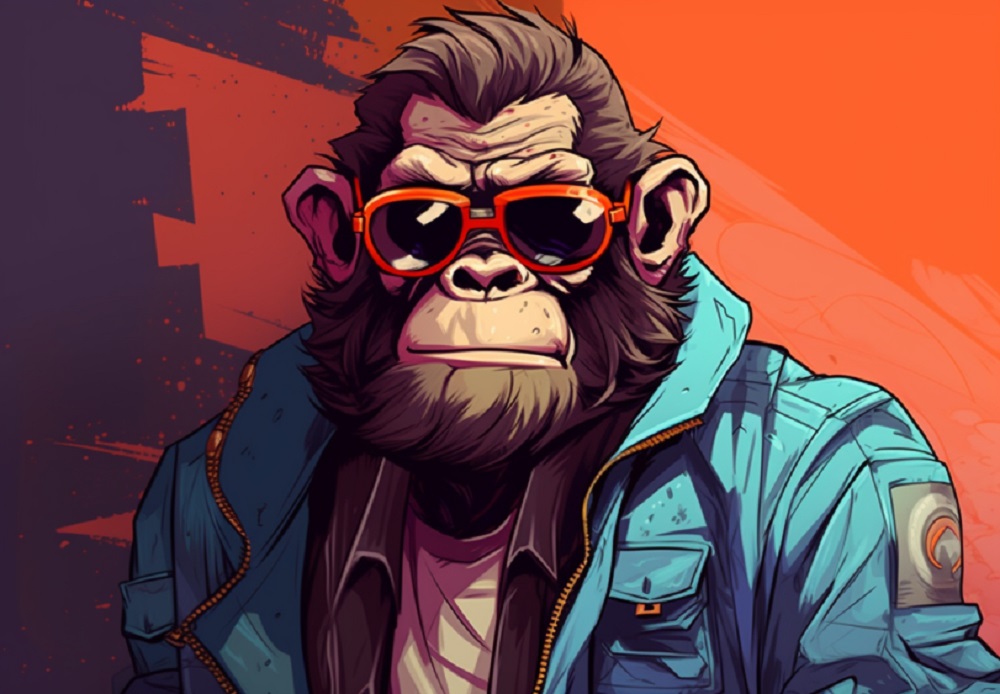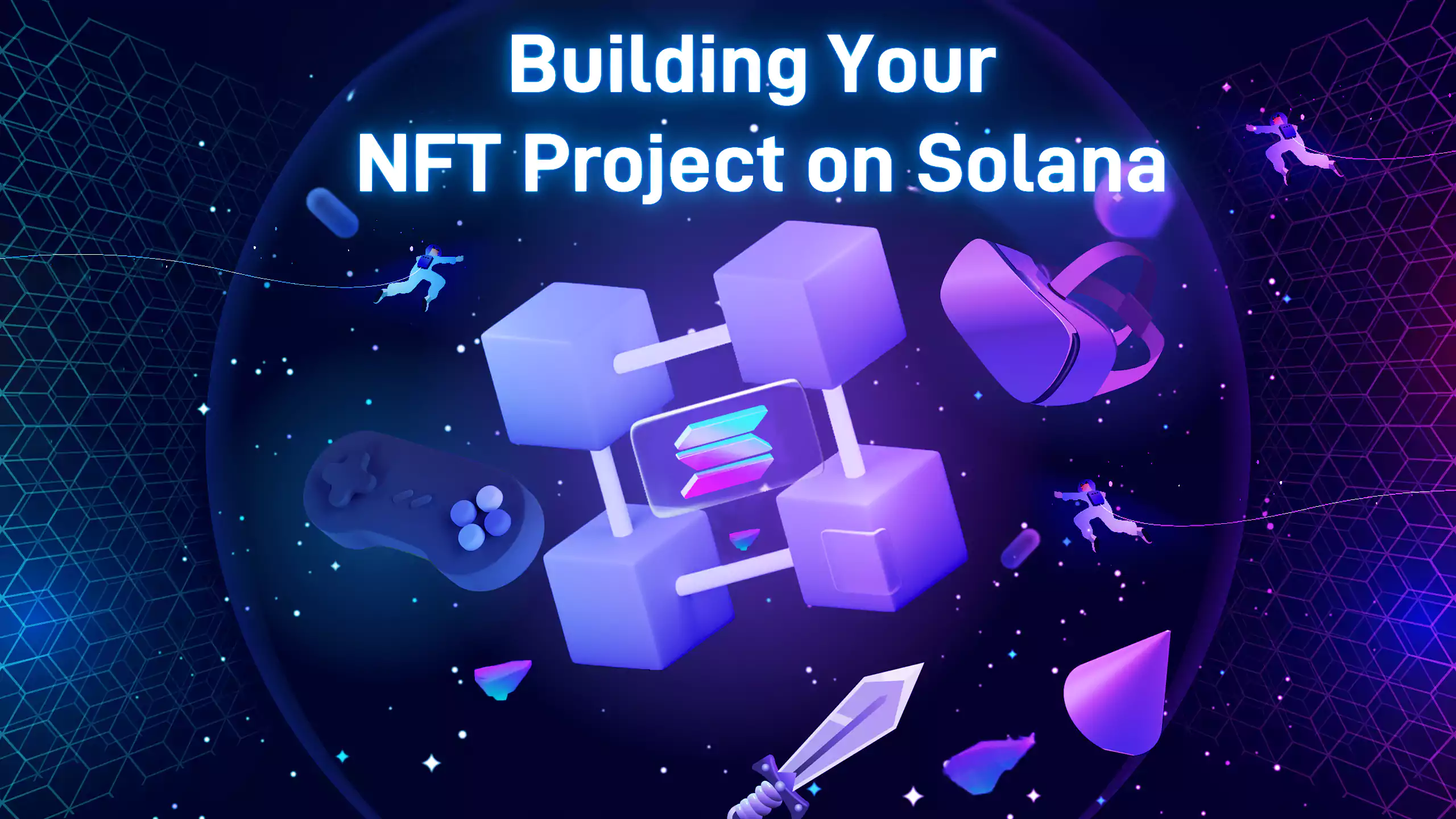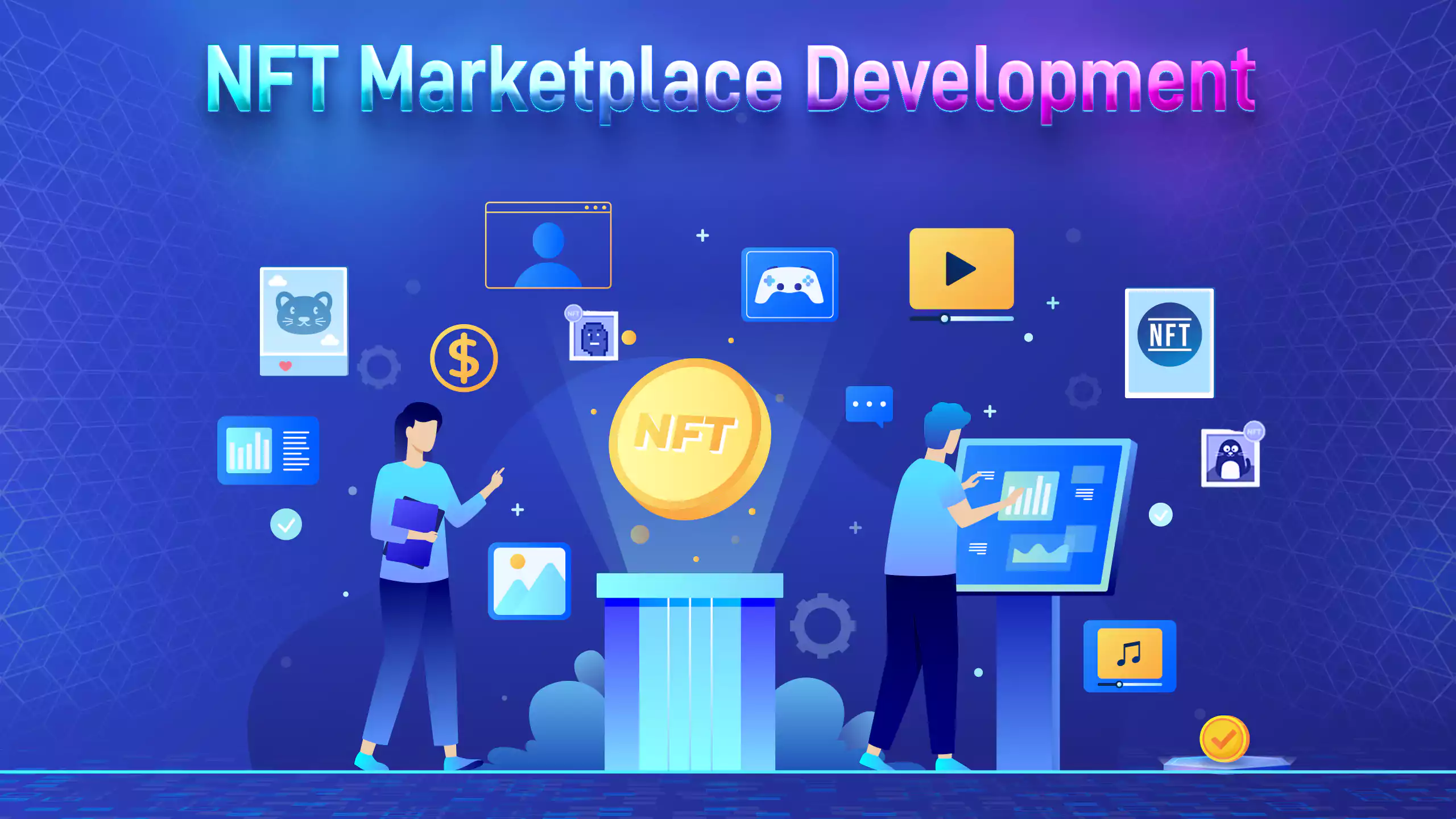The former prime Minister of the United Kingdom, James Cameron is credited with stating that access to the internet shouldn't be a luxury but a right. He also made a pledge to provide fast broadband internet service to all homes and businesses in the UK by 2020.
Access to the internet is now an inalienable right, as stated by the United Nations Universal Declaration of Human Rights (UDHR). This, among others, is what makes part of our digital rights. But what are digital rights anyways?
Digital Rights
Digital rights in the clearest terms are a set of fundamental human rights that make sure everybody, regardless of their race, gender, age, sexual orientation, and others, has equality of access to a digital environment that includes open, inclusive, and transparent internet.
It ensures that people have freedom of speech, online safety, and privacy, all in the digital context. You can think of digital rights as human rights exercised in a digital space.
Why Are Digital Rights Important?
We live in an era where most of our activities are online. Our current reality is that the line between our physical world and a digital world it's blurry. Some of our experiences in the digital world coincide with physical activities. For instance, we used to shop in brick-and-mortar stores but now many of us do our shopping online. We also socialize over the internet and use many applications for different purposes, sometimes financial.
It means our data gets into the hands of different parties and entities. The onus falls on us to know how our information is used by these parties which include companies and organizations such as Google, Facebook, and the government. Also, our rights to privacy and freedom of expression have become increasingly important.
One aspect of digital rights that has been inefficiently expressed in the past however is the right of ownership. How could you tell the original flier design on Instagram away from the one saved on your desktop? There were conflicts and blurred lines around copyright laws.
The one way to prove ownership of digital assets was to get copyright protection. But that does not in any way make a work valuable. Then came NFTs.
The first 5000 Days was sold for 69 million at Christie's auction house in March 2021. It was not regular at work but it attracted global attention as a nonfungible token, selling for that price. At that stage, it did not sound crazy to ask why someone would splash as much as 69 million dollars just to buy a picture that could be saved for free on the internet. It was not just a picture though. This was an NFT and therefore, a justifiable spend.
What Are NFTs?
NFT stands for non-fungible token. Broken apart, non-fungible means the property of an item that is unique and unequal in value to other items. So, it cannot be exchanged for another item. Token means an item used to represent or identify another item or a gesture.
Putting both together, a non-fungible token is an item that represents a value that is identifiable and cannot be exchanged for another item as it has unique elements.
In simpler terms, an NFT is a digital proof of ownership for an item. The item it represents could be digital or physical. They include certificates of ownership, receipts, artworks, videos, images, and digital assets such as virtual pieces of land or even physical Land and access or tickets to events.
Since 2021, NFT sales reach hundreds of millions weekly. People use online marketplaces such as OpenSea and Rarible to make these transactions. Like most people, you may wonder why NFTs became valuable possessions. To understand this concept it is imperative to understand how NFTs function and their role in the future of digital rights.
Previously, the market could not agree on property rights. Digital transactions relating to abstract items such as digital artworks proved difficult. To initiate such a sale, the acclaimed seller had to have the right of ownership and the right to sell. The buyer, on the other hand, needed to have rights of ownership conferred on them.
NFTs became the way to prove this ownership and made it possible to transfer ownership from one person to another. NFTs are stored on the Blockchain which is a public digital ledger. Just like the blockchain is used to keep records in a safe and transparent way, when NFTs are recorded on the Blockchain, they have a guarantee of safety, security and privacy.
Through a smart contract, the owner of a digital item, in this case, NFTs can sign and certify ownership and properties of the token. In the same vein, the smart contract can be initiated to transfer these rights of ownership to another person.
The process is possible because blockchain technology has this property known as immutability. This means as it is done, it cannot be undone. The actual genesis of the item cannot be changed and everything transaction can be traced on the public ledger.
By providing a guarantee of ownership and authenticity, NFTs have changed the way digital rights are handled, modifying it into a simpler, more straightforward business. It has become the simplest method of managing and protecting digital rights and copyrights.
How Does NFT Improve Digital Rights?
Now that NFTs have become a way to prove digital ownership and make abstract ownership transferable, what is next for this wonderful technology?
NFTs have created new markets for diverse goods and services. But they have gone beyond proof of ownership. NFTs are smart contracts and as such, are programmable. Their use can be extended in innovative ways. For one, the functionality of an NFT can be reprogrammed and the owner can use this feature to make useful changes.
Some of these changes include access to events and virtual rooms, exclusive merchandise, discount codes or just about anything you want and think possible. People use NFTs for meet-ups and even real-world offers. NFT ownership means you are a shareholder, an investor, a club member and gives you the right to vote. People earn royalties from the resale of their items as well.
Conclusion
NFT has brought about an emerging market and ecosystem that changes how people build, create and own things. It has placed more power in the hands of digital creators and conferred all rights to digital items, and by extension, rights in a real-world setting have improved.






